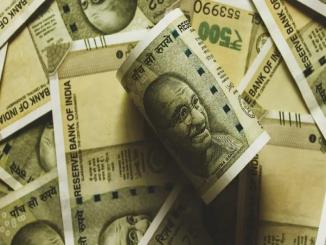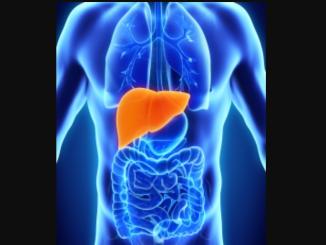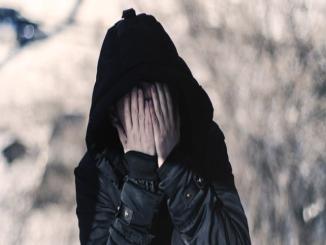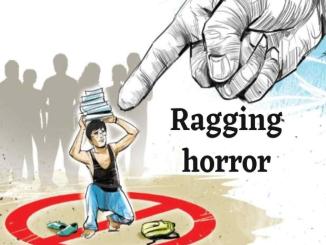
In a progressive move, the Mental Healthcare Bill 2016 secured an affirmative nod in the Parliament yesterday. The bill decriminalizes suicide and makes provision to protect, promote and fulfil the rights of persons during delivery of mental healthcare and services.
The bill said, “Notwithstanding anything contained in section 309 of the Indian Penal Code, any person who attempts to commit suicide shall be presumed, unless proved otherwise, to have severe stress and shall not be tried and punished under the said Code.”
Before moving the bill for passage in the lower house of the Parliament, Health Minister JP Nadda said, "This bill compels the state to have a mental health program. It empowers the individual." The bill was passed by the Lok Sabha by voice vote and all amendments moved by the opposition members were defeated.
According to the bill, every person shall have a right to access mental health care and treatment from mental health services run or funded by the appropriate government. The bill will help in allowing free treatment for mentally ill persons if they are homeless or poor, even if they do not possess a Below Poverty Line card. The bill also states the procedure and process for admission, treatment and subsequent discharge of mentally ill persons.
All mentally ill people will also have the right to confidentiality in respect of mental health, mental healthcare, treatment and physical healthcare. No one can release any information pertaining to the person, including photographs, to the media without the consent of the person with mental illness.
The bill also provides that a person with mental illness will have the right to make an advance directive that states how he she wants to be treated for the illness and nominate a representative. A Mental Health Review Board will also be constituted to protect the rights of persons with mental illness and manage advance directives.
The bill also highlights the repercussions in case of flouting of provisions. Offenders will attract up to six months in prison or Rs 10,000 fine or both. Repeat offenders can be sentenced up to two years in jail or a fine of Rs 50,000 to Rs 5 lakh or both.
The passage of the Mental Healthcare Bill 2016 is significant given India's current mental health status. According to available figures, India is witnessing a steep rise in suicide rates as compared to other nations, while it is a major cause of 'unnatural' death of women in the country.
National Crime Records Bureau statistics suggest that, 1.33 lakh committed suicides 2015 with housewives, daily wage earners and students being the vulnerable groups. According to World Health Organization over five crore Indians are suffering from depression, a major contributor to global suicides.



























